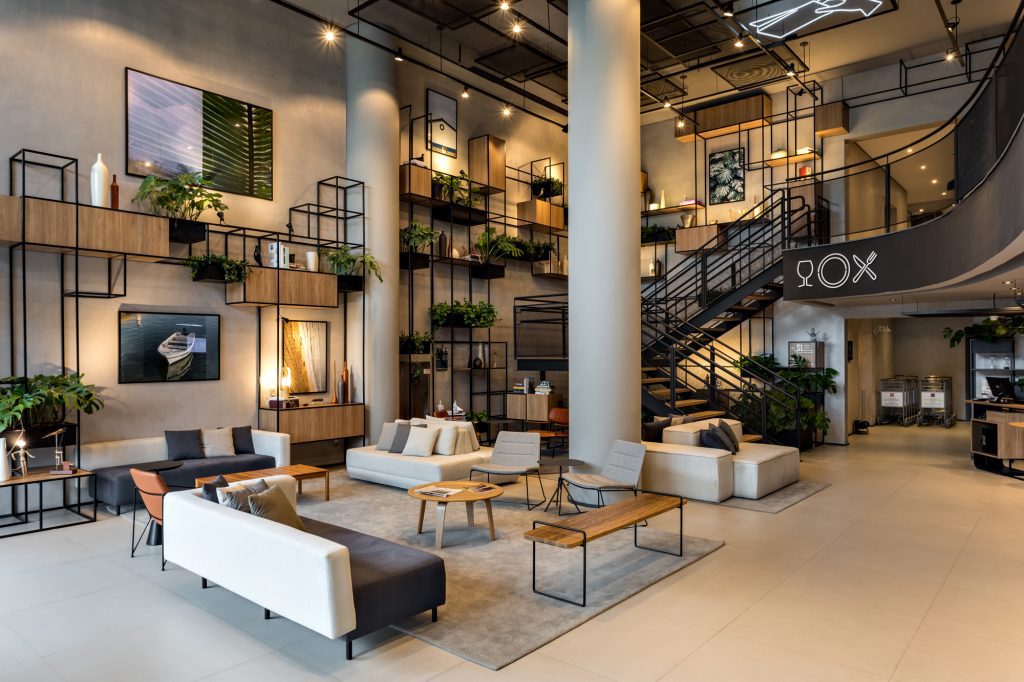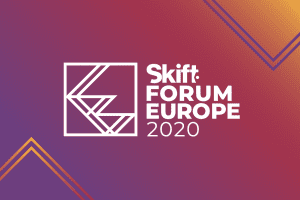Skift Take
Accor's transformation over the past few years has been remarkable, but now it's facing a new challenge in Europe from the likes of Oyo. Can its accelerating development of upscale brands help offset growing competition in the midrange and economy sectors?
Skift Forum Europe is here and we're excited! We have a jam-packed agenda that includes keynote presentations, panels, and brand talks with an array of travel leaders as we explore the future of travel leading out of the pandemic.
Accor over the last few years has transformed itself from a traditional hotel business into a comprehensive travel and hospitality company.
Not only has it added new brands to its roster including Fairmont, Raffles, and Swissôtel in the luxury space, but it has also bought or invested in a range of companies from different sectors, including alternative accommodations providers and concierge services.
Although this growth has meant expanded horizons, Accor is still a French company, and Europe remains key to its overall success. The company last Wednesday announced the expansion of the upscale Mondrian brand to Europe with properties in Bordeaux and Cannes this year. The brand will also enter the Asia-Pacific market for the first time with a project in Seoul, with seven more Mondrian hotels slated for 2020, signaling Accor’s drive to diversify and grow rapidly in the luxury and premium sectors.
Franck Gervais, CEO Europe, joined Accor in November 2017 from France’s state-owned railway company where he served as CEO of Voyages-SNCF.
Note: This interview was edited for length and clarity.
Join Us at Skift Forum Europe!
Skift: What Accor brands are you most excited about in Europe?
Franck Gervais: We launched Greet in Europe last year, a completely new brand in the economy segment and a meaningful example of eco-responsibility and the promotion of local goods.
For example, in terms of food and beverage, Greet is characterized by its commitment to fresh and local produce. Accor gives great flexibility and freedom to Greet hotel owners, so they are free to express themselves while staying true to the brand’s three core practices: salvaging objects sourced via secondhand networks or from eco-responsible suppliers; upcycling unusual decorative items; and revisiting these objects to repurpose them and give them a second lease of life.

Accor CEO Europe Franck Gervais. Photo: Thomas Gogny/Accor
Skift: Are you concerned about a challenger brand like Oyo entering the European market? Does it put pressure on an Accor brand like Ibis?
Gervais: We are not concerned. Oyo is a great success story and we welcome the new competition in Europe, but Accor is and remains a historic leader in midrange and economy brands in Europe, thanks to iconic brands like Ibis and Mercure.
We have 25 brands in Europe and are accelerating our development in the luxury and premium segments. For example, we recently announced our first European hotels under Mondrian, the new premium brand, as part of this ambition.
Skift: Accor moved beyond hotels a couple of years ago with investments in the likes of Onefinestay and concierge service John Paul. Both these businesses, however, have had their challenges. Is Accor still committed to the so-called alternative accommodations sector?
Gervais: Accor is committed to augmented hospitality. Most of the acquisitions we have made in recent years have been great successes, though we acknowledge that others have been more challenging.
The acquisition of businesses like Onefinestay, for example, or John Paul enabled Accor to reinforce its credo: Hotels are no longer just a sleeping place for travelers. They are places that make everyone’s life easier by assisting locals with simple tasks and solving everyday problems via Accor’s ecosystem.
Skift: Accor recently committed to getting rid of single-use plastics by 2022. What other sustainability initiatives have you got in the pipeline?
Gervais: Accor has been deeply committed to sustainable development for a long time. The Group plays an active role in giving back to planet and community via its Planet 21 — Acting Here program, deployed worldwide. Our vision is to drive the change toward a positive, more responsible hospitality.
This year, we scaled up our commitments to join the Global Tourism Plastics Initiative led by the United Nations Environment Programme (UNEP) and to remove all single-use plastic items in guest experience from our hotels by the end of 2022. I can’t disclose the next initiatives, but I can tell you that we are working hard and are dedicated to this topic.
Have a confidential tip for Skift? Get in touch
Tags: accor, onefinestay, oyo
Photo credit: An Ibis space. Accor

